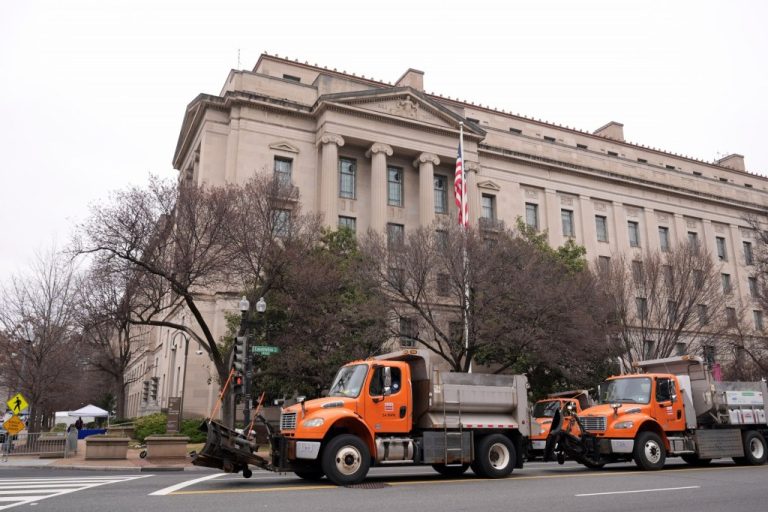
British households are set to pay an average of £1,112 more in taxes annually from April, according to a new analysis. The Government’s sweeping tax reforms, aimed at raising nearly £27billion for the Treasury, will affect households across all income levels.
The analysis by Policy Engine for the Institute of Economic Affairs showed that the wealthiest will lose £2,729 on average, while the poorest will face an additional £796 in costs. The impact will vary across regions, with some areas feeling the changes more than others. Tom Clougherty, executive director at the free market think tank the Institute of Economic Affairs, said: “The tax increases coming into force in April will weigh on household budgets and undermine economic growth.”
The tax reforms include substantial increases in National Insurance, Council Tax, Capital Gains Tax, and Stamp Duty. The most notable changes are:
- National Insurance (NI) Increase: The rate for employers will rise from 13.8% to 15%, alongside a lower threshold. Policy Engine predicts this change could cost households an average of £818 annually.
- Capital Gains Tax: Basic rate taxpayers will face a near doubling of the tax from 10% to 18%, adding £150 per household.
- Council Tax: A 5% rise will cost families an additional £96 each year.
- Stamp Duty: Thresholds for the nil-rate band will be slashed. For first-time buyers, the nil-rate band will drop from £425,000 to £300,000, while other buyers will see a reduction from £250,000 to £125,000, costing families an average of £48 more.
The tax hikes will be felt most acutely in regions like the South East, West Midlands, and East of England, but the effects will be nationwide. London households, for instance, will pay an additional £718 on average, while the West Midlands will see an average increase of £637. Though seeing the lowest increase, the East Midlands will still face an additional £422 in costs.
These measures are part of a broader fiscal plan to raise £26.95billion, with the employer National Insurance hike contributing the largest share at £22.9billion.
Additionally, from April, changes to Vehicle Excise Duty (VED) will also come into effect, with petrol and diesel vehicles facing a 100% increase in first-year road tax and electric vehicles being taxed for the first time.
This tax package follows years of fiscal drag, where income tax thresholds have remained frozen, and is set to push the UK’s tax burden to its highest level in history.
Mr Clougherty said: “The employers’ national insurance hike is a slap in the face for business, coming hot on the heels of a big corporation tax increase and alongside an increased minimum wage and more onerous employment rules. Ultimately, though, it will be workers who bear most of the burden – in the form of lower wages and fewer opportunities.
“Stamp Duty Land Tax is probably the most economically damaging tax we have, so lowering thresholds – and dragging more home purchases into the net – is bad news all around. The housing market has enough problems without tax making matters worse.”
He added: “We need a concerted effort to reduce the cost of government and move to a simpler, more economically rational tax system. For now, though, British households are going to continue feeling the pinch.”
Nikhil Woodruff, chief technology officer at Policy Engine, said: “PolicyEngine’s simulations show that tax policy changes taking effect in April 2025 lower net incomes by an average of £1,112 per household in 2025-26, with employer NICs generating 74% of the change, assuming that households do not change behaviour and employers pass on 40% of new NICs.
“Our microsimulation model demonstrates how these changes affect households differently across income and geography.”






